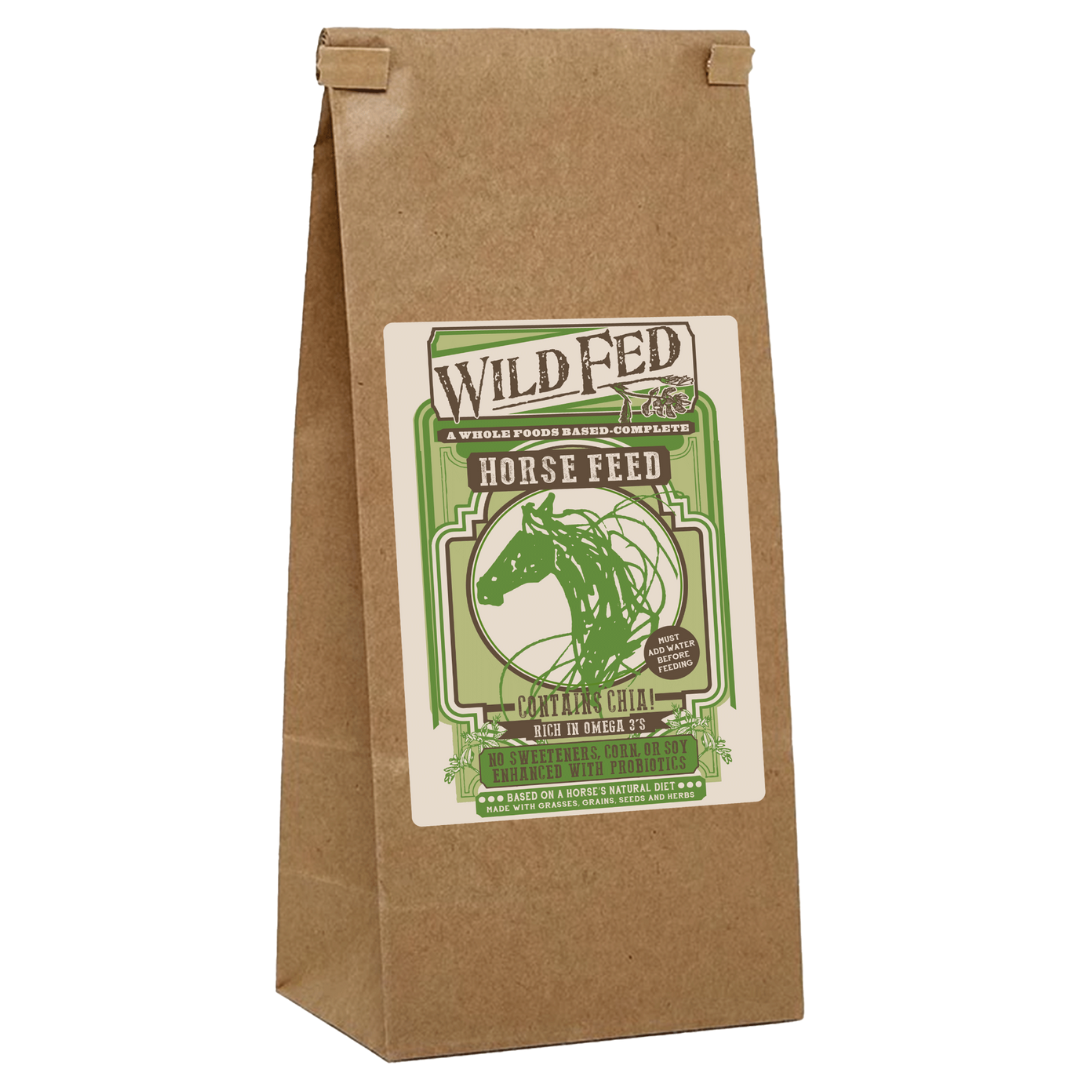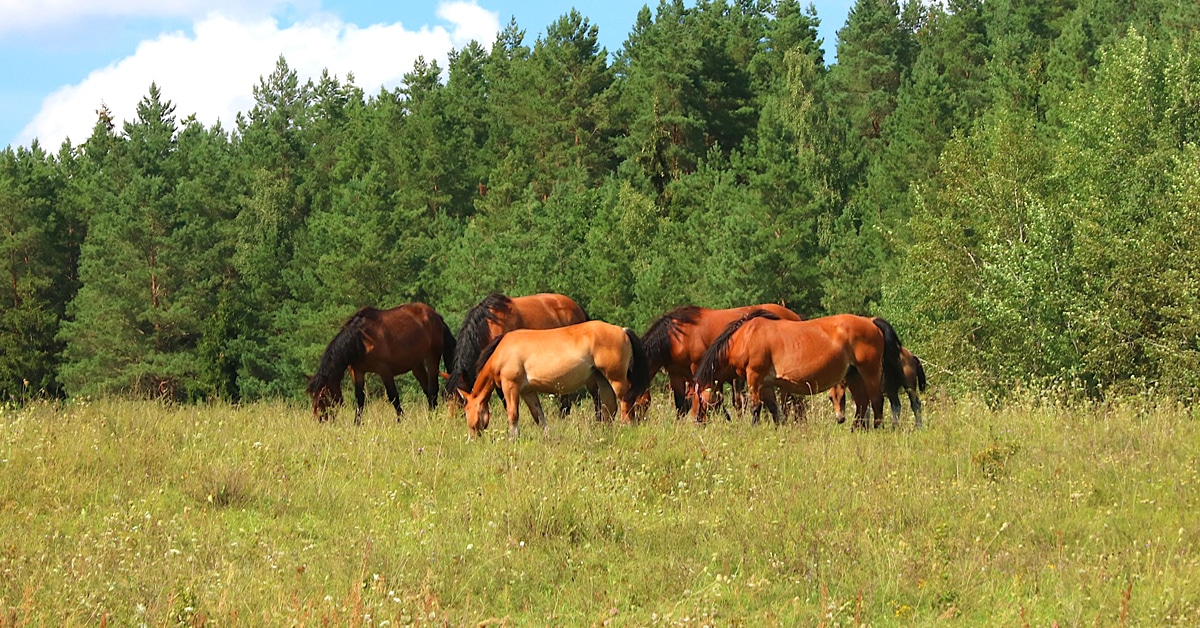What Do Wild Horses Eat?

Wild horses are fascinating creatures that roam freely across various landscapes. Understanding their diet is essential for appreciating their role in the ecosystem and ensuring their conservation. This article explores what wild horses eat, how their diet varies by habitat, and the nutritional aspects of their food sources.
Overview of Wild Horse Diet
Wild horses are herbivores, meaning they feed exclusively on plant material. Their diet primarily consists of:
- Grasses
- Shrubs
- Leaves
- Bark
- Herbs
These food sources provide the necessary nutrients for their survival, energy, and overall health.
Primary Food Sources
| Food Type | Description | Nutritional Benefits |
|---|---|---|
| Grasses | The staple of wild horse diets, including species like bluegrass, ryegrass, and fescue. | High in fiber and carbohydrates, essential for energy. |
| Shrubs | Includes sagebrush and saltbush, especially in arid regions. | Provide vitamins and minerals, and help with hydration. |
| Leaves | From various trees and bushes, consumed when grass is scarce. | Source of vitamins and roughage. |
| Bark | Occasionally eaten during winter or drought when other food is limited. | Provides fiber and some nutrients but is less digestible. |
| Herbs | Wildflowers and other herbaceous plants. | Offer a variety of micronutrients and antioxidants. |
Seasonal Variations in Diet
Wild horses adapt their eating habits based on seasonal availability:
- Spring and Summer: Abundant grasses and herbs dominate their diet.
- Fall: Increased consumption of shrubs and leaves as grasses dry out.
- Winter: Reliance on bark, woody plants, and any remaining grasses.
How Wild Horses Find Food
Wild horses use their keen senses to locate food:
- Sight: Spotting green patches of grass or shrubs.
- Smell: Detecting fresh vegetation.
- Memory: Remembering locations of reliable food sources.
Nutritional Needs
Wild horses require a balanced intake of:
- Fiber: For proper digestion.
- Carbohydrates: For energy.
- Proteins: For muscle maintenance.
- Vitamins and Minerals: For overall health.
Their natural diet usually meets these needs, but environmental changes can impact food quality and availability.
FAQs
Q1: Can wild horses eat human food?
A1: Wild horses should not eat human food as it can be harmful and disrupt their natural diet.
Q2: Do wild horses drink water frequently?
A2: Yes, they need regular access to fresh water to stay hydrated.
Q3: How do wild horses survive in deserts with limited vegetation?
A3: They adapt by eating drought-resistant plants like shrubs and can survive on minimal water.
Q4: Do wild horses compete with livestock for food?
A4: In some areas, yes, which can lead to resource competition and requires careful management.
Conclusion
Wild horses have a diverse and adaptable diet that allows them to thrive in various environments. Their herbivorous diet, rich in grasses, shrubs, and other plant materials, supports their health and energy needs. Understanding their eating habits helps in conservation efforts and promotes coexistence with human activities.
